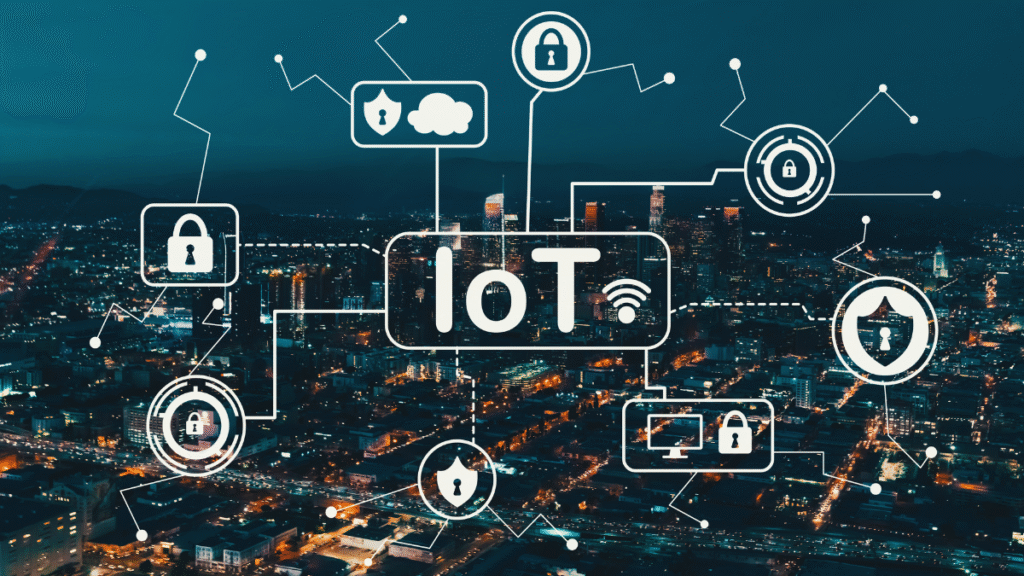In today’s era of digital transformation, the automobile manufacturing sector is undergoing rapid technological evolution. Among these innovations, the Internet of Things (IoT) plays a transformative role, especially in commercial vehicle body production. From real-time monitoring to predictive maintenance, IoT integration is boosting efficiency, safety, and productivity.
What is IoT in Vehicle Body Manufacturing?
The Internet of Things refers to a network of physical devices connected via the internet, exchanging data to make informed decisions. In vehicle body fabrication, IoT enables smart operations by interlinking equipment, sensors, materials, and software systems.
Benefits of IoT in Commercial Vehicle Body Production
Real-Time Monitoring & Alerts
IoT systems provide real-time alerts for anomalies such as material shortage, temperature changes, or machine malfunctions, improving response time and quality control.
Predictive Maintenance
Sensors monitor equipment health continuously. Predictive algorithms reduce unplanned downtimes by forecasting potential machine breakdowns.
Enhanced Inventory Management
With RFID and barcode systems, material tracking is automated, reducing human error and ensuring optimal stock levels.
Quality Assurance
IoT-enabled visual inspection cameras and smart tools help ensure consistent build quality and adherence to safety standards.
Data-Driven Decision Making
IoT collects massive data sets that can be analyzed to optimize workflow, reduce costs, and ensure timely deliveries.
Challenges in IoT Implementation
Despite its benefits, IoT comes with challenges:
- High initial investment cost
- Need for cybersecurity and data protection
- Skilled workforce requirement for IoT system management
- Integration with legacy systems
Case Study: IoT in Action
A commercial vehicle body manufacturer implemented IoT sensors on their assembly line and reduced production downtime by 27% in 6 months. Material wastage dropped by 15% thanks to real-time inventory monitoring, and inspection reports became 98% accurate using AI-powered cameras.
Future of IoT in Vehicle Body Production
The integration of AI, machine learning, and 5G with IoT will further revolutionize the sector. Smart factories with automated processes, remote diagnostics, and zero-touch maintenance will become the norm.
Conclusion
IoT is no longer a futuristic concept but a present-day game-changer for commercial vehicle body production. Adopting IoT solutions ensures competitiveness, boosts efficiency, and paves the way for a smart manufacturing ecosystem.

